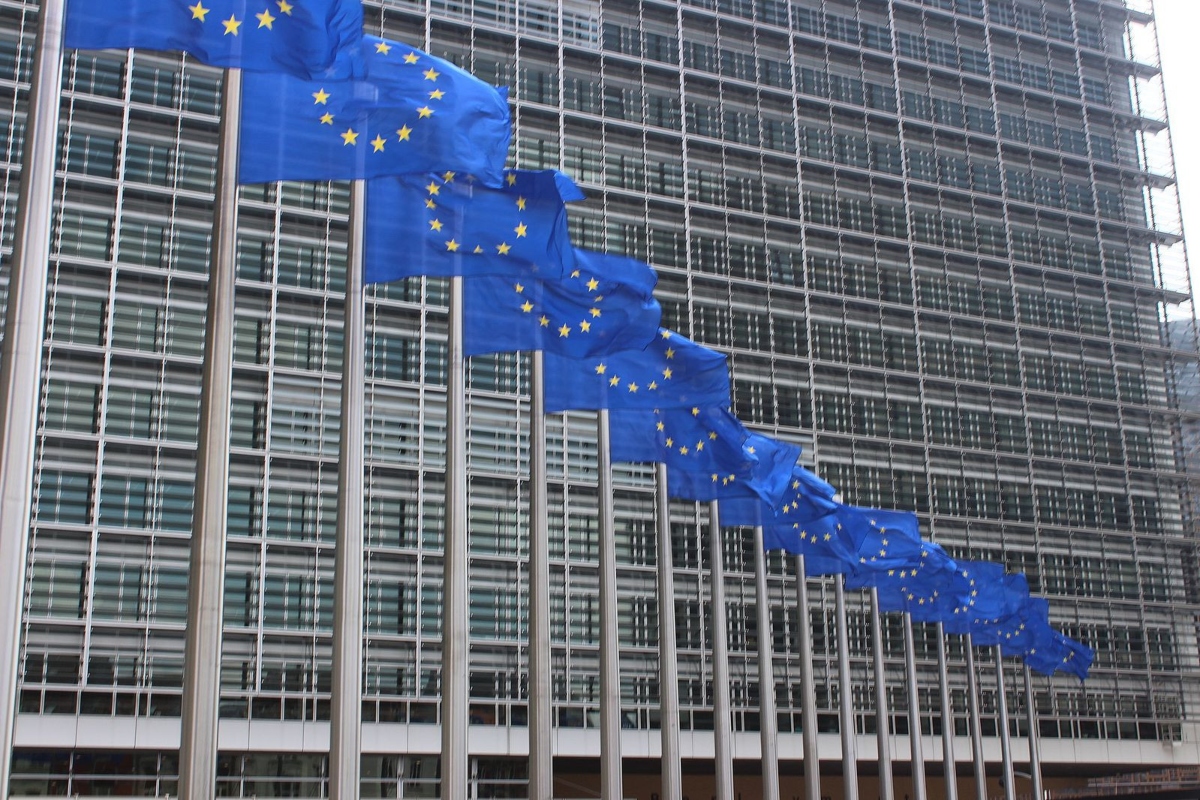EU’s ReArm Initiative: A €800 Billion Bet on Defence and the Challenges for Greece

Πηγή Φωτογραφίας: Pixabay/Αρχείου//EU’s ReArm Initiative: A €800 Billion Bet on Defence and the Challenges for Greece
Brussels’ announcement of the ReArm Europe initiative, a €800 billion investment in defence, has sparked hope for revitalising Greece’s defence industry, which has endured years of economic crisis and a tarnished reputation tied to corruption and opportunism.
This development raises both opportunities and concerns about whether Greece can secure a meaningful share of the funds and rebuild its defence sector.
A Troubled Past and Cautious Optimism
Greece’s defence industry, battered by the “stone years” of the financial crisis, has shifted focus to exports, with major players skeptical about re-entering the domestic market. Industry insiders describe defence as an “expensive sport,” requiring long-term commitment, heavy investment, and the risk of losses before any returns materialise. Many view newcomers chasing quick profits with skepticism, wary of repeating past mistakes.
Breaking Down the €800 Billion
The ReArm initiative allocates €650 billion to relax fiscal stability rules, allowing member states to spend up to 1.5% of their GDP on defense, providing Greece with modest fiscal breathing room. Greece is negotiating to use 2024 as its reference year, rather than the EU’s proposed 2021, to maximise benefits. The remaining €150 billion will come as loans through the European Investment Bank, modeled on the Recovery Fund but likened to “mini-memoranda” by industry experts, raising concerns about debt burdens.

Who Gets the Funds?
A critical question looms: how will the €150 billion in loans be distributed, and to whom? The lack of a clear EU plan worries Greek stakeholders. Established defence powers like Germany, France, Italy, and Spain, along with Belgium, the Netherlands, and the UK (despite Brexit), are poised to dominate. Complicating matters, non-EU players like the US, Israel (which owns a Greek defence firm), and Turkey (via its acquisition of Italy’s Piaggio Aerospace) could claim funds through European subsidiaries. Turkey’s eligibility, in particular, is a sore point for Greece, as no mechanism currently exists to exclude it.
Greece’s Missing Strategy
Experts highlight a glaring issue: Greece lacks a national industrial strategy to capitalise on ReArm. Without a clear plan, funds are likely to flow to countries and companies already equipped to absorb them. Foreign firms acquiring European defense companies further complicate matters, as profits may leave the EU. To build a robust European defense industry, experts argue, investment returns must stay within the bloc.
Dual-Use Programs and Industrial Priorities
ReArm prioritises “dual-use” programs with both military and civilian applications, favoring heavy industry and high-tech products. This aligns with the strengths of countries like Germany and France, which boast strong industrial traditions. Greece, however, lags in supporting high-tech ventures and startups, a weakness that could hinder its competitiveness. Europe as a whole trails the US in fostering innovation, needing at least a decade to catch up, according to industry analysts.
Internal Rivalries and Structural Flaws
The EU’s fragmented defense market, driven by national interests and Article 346 exemptions for security-related procurements, undermines ReArm’s goals. Germany’s decision to exempt defense spending from its constitutional debt rules weakens Eurozone fiscal coordination, while Poland’s reallocation of €7 billion from the Recovery and Resilience Facility to defense signals aggressive competition. Reports of France collaborating with Turkish and South Korean firms for ammunition production in Poland further alarm Greek officials, highlighting the risk of funds bypassing smaller players like Greece.
A Five-Year Race Against Time
With a five-year timeline, ReArm’s ambitious goals face tight constraints. Defence projects typically require decades, and internal EU rivalries could derail progress. If Europe normalizes relations with the US and reverts to reliance on American defense systems, ReArm risks becoming a fleeting “firework,” leaving Greece and other smaller nations sidelined.
The Stakes for Greece
For Greece, ReArm is a chance to revive its defense industry and boost its economy, but success hinges on crafting a national strategy, fostering innovation, and navigating the EU’s complex landscape. Without swift action, the €800 billion opportunity could deepen inequalities,Leaving Greece to watch as larger players dominate.
Source: To Vima
Διαβάστε όλες τις τελευταίες Ειδήσεις από την Ελλάδα και τον Κόσμο






Το σχόλιο σας